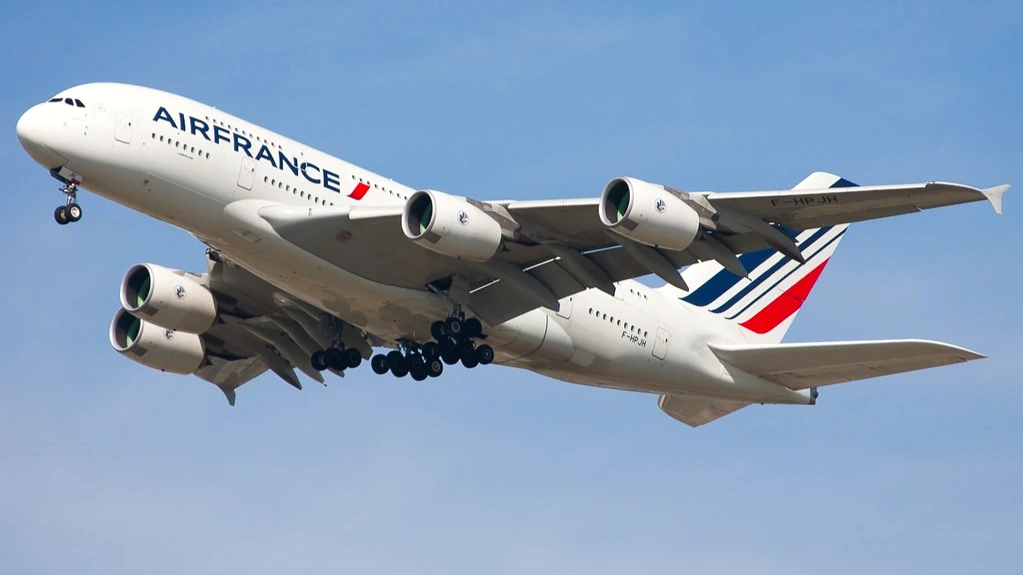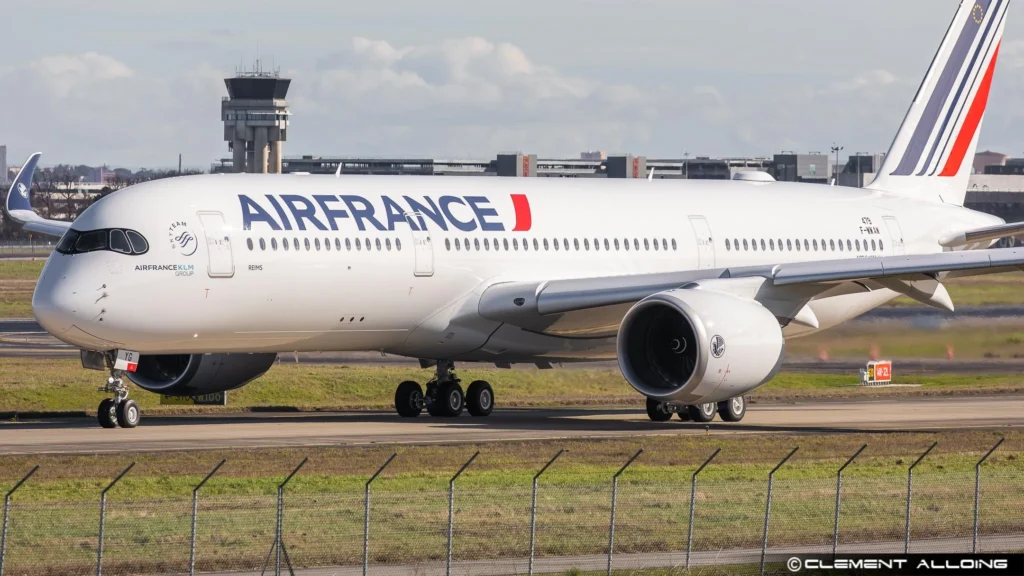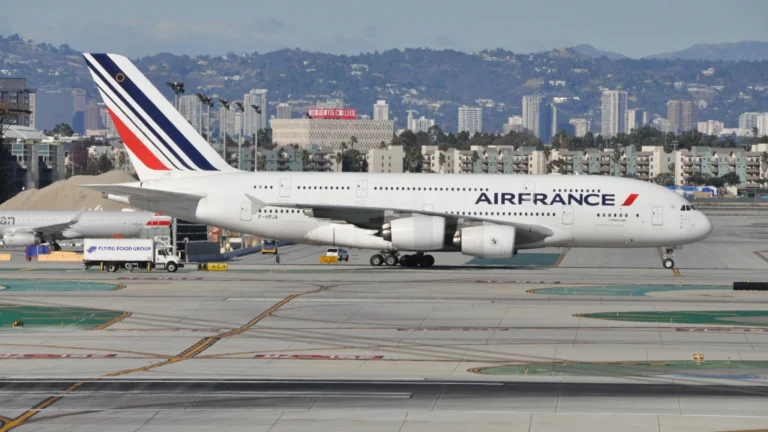PARIS- Air France (AF) CEO Ben Smith has firmly defended the group’s decision to retire its Airbus A380 fleet during the COVID-19 crisis, citing high costs and limited profitability. The move affected operations at Paris Charles de Gaulle Airport (CDG), where the airline previously based its A380 services.
Speaking at the Paris Air Forum on 13 June, Smith acknowledged the aircraft’s popularity but stressed that Air France-KLM (AF) prioritized long-term viability by shifting to more efficient aircraft like the Airbus A350 and Boeing 777-300ER.

Air France A380 Exit Justification
Although the Airbus A380 offered strong customer appeal, Smith emphasized that maintaining the aircraft came with major financial drawbacks.
Each A380 required a €50–60 million ($57–69 million) investment for cabin refurbishments and engine overhauls. He added that the aircraft generated profits only during summer peak travel periods, making it unsustainable for year-round operations, Flight Global.
With no slot constraints at Paris Charles de Gaulle (CDG), Air France lacked the operational need for such a high-capacity jet. Instead, it opted for the Airbus A350, which Smith says has been “extremely successful” and “makes much more money” per flight.
Air France has also upgraded its premium product offerings. The airline is gradually introducing its new La Première first-class suite on select Boeing 777-300ERs, with passenger feedback described as “extremely positive.”

Environmental Policy and Pressures
Smith also addressed regulatory burdens facing European carriers. He criticized the European Commission’s implementation of environmental taxes and mandates—particularly around sustainable aviation fuel (SAF)—as disproportionate compared to global competitors.
While Air France-KLM is a leading SAF purchaser in Europe, Smith warned that affordability remains a key concern. He urged policymakers to strike a balance between environmental goals and economic sustainability, saying, “We need to exist to reach the 10% SAF mandate by 2030.”
Smith also highlighted the geopolitical disadvantage European airlines face due to the ban on Russian airspace, introduced after Russia’s 2022 invasion of Ukraine.
He called for penalties or restrictions on non-European carriers, particularly Chinese airlines, that continue to use Russian overflight routes—proposing either landing prohibitions or a “safety charge” to level the competitive field.
The removal of the A380 aligns with a broader strategy to modernize the fleet and improve financial resilience.
Air France has invested in more fuel-efficient aircraft like the A350 and enhanced premium products to stay competitive in long-haul markets. These moves reflect a pivot toward sustainable profitability, fleet simplification, and regulatory adaptability.
Stay tuned with us. Further, follow us on social media for the latest updates.
Join us on Telegram Group for the Latest Aviation Updates. Subsequently, follow us on Google News

